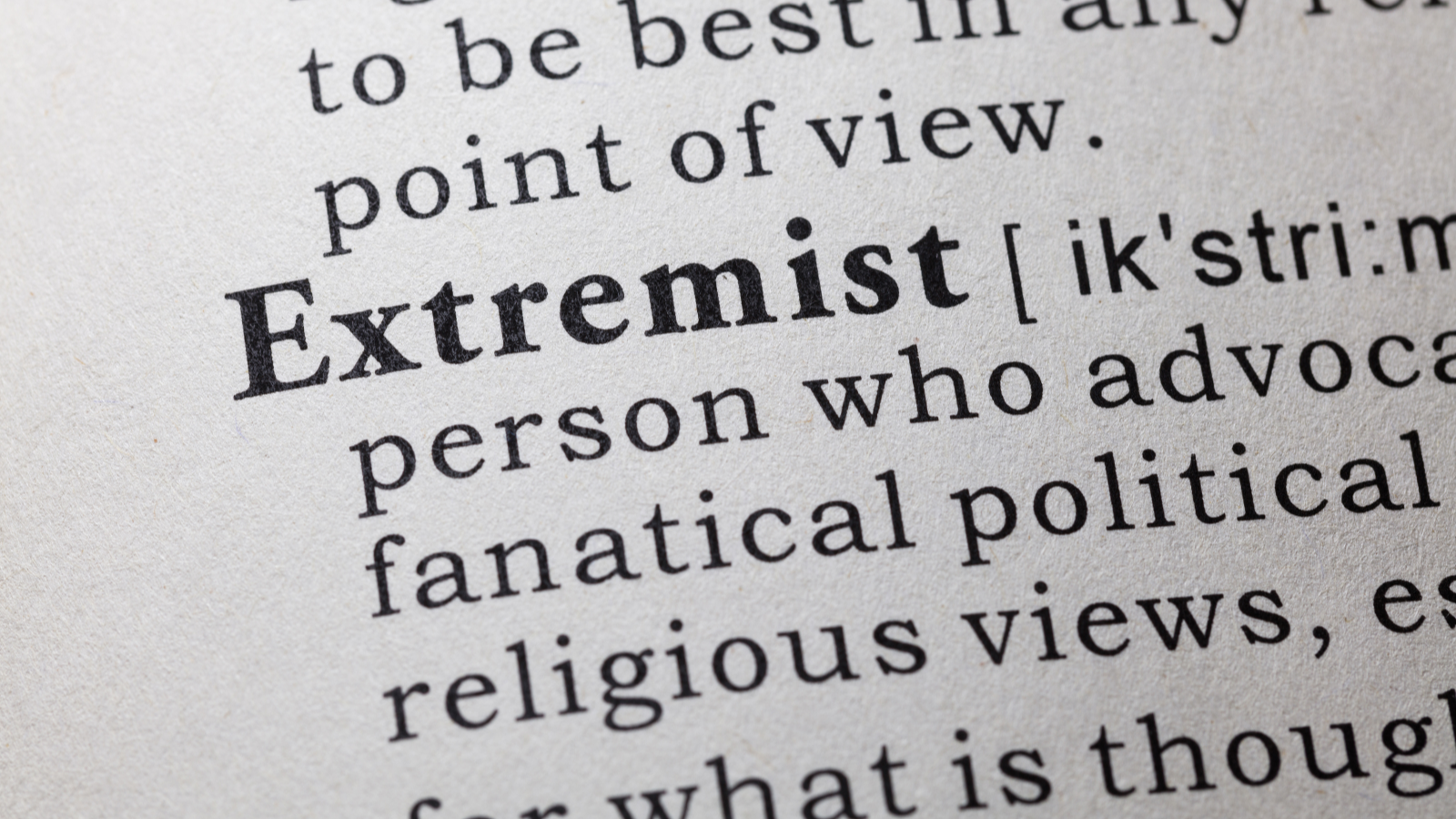Reflections on themes from the Male Psychology Conference, 2018
The fifth annual Male Psychology Conference took place at University College London in June, hosted by the Male Psychology Network’s founders, Dr John Barry and Martin Seager. The conference brought together researchers and practitioners seeking to understand male psychology and work with men to improve health and wellbeing.
Attending the conference was inspirational. It made us aware of how many people, male and female, are passionately conducting research specifically on male psychology, working in practice to improve wellbeing in men, and developing programmes and interventions to benefit men and boys.
Many presenters highlighted possibly the greatest challenge facing male psychology researchers and practitioners working with men – male suicide. The fact that suicide is the biggest killer of men under 45 was highlighted by a number of presenters. Joel Beckman from CALM (Campaign Against Living Miserably, dedicated to tackling male suicide) discussed CALM’s gendered service run by clinically trained staff. This service is designed to help men feel there is someone they can talk to and relate to. He also presented some of CALM’s campaigns which raise awareness of the magnitude and impact of male suicide. It is estimated that eighty-four men are victims of suicide every week in the UK, yet awareness of this has been limited.
Take a look at CALM’s powerful ‘Project Eighty Four’ campaign here: https://www.youtube.com/watch?time_continue=21&v=ahjPfpbefkU
There was also discussion of work being done on the causes of male suicide and how best to prevent it. Glen Poole (Men’s Health Forum, Australia) argued that social and relationship problems are often key pathways to suicide in men, but the common model relies on men expressing suicidality, which often they do not. Glen also made an interesting argument around a gendered approach to prevention; he suggested that men do not always need to talk in order to cope, and that understanding of problems rather than feeling-based conversations may be more important.
A much overlooked issue facing many men is domestic abuse. There is little awareness of the extent to which men are victims of domestic abuse. Men are less likely to perceive what is happening to them as abuse. Men are also less likely to tell anyone, often fearing that they won’t be believed, and fearing ridicule. Mark Brooks (Chairman of ManKind Initiative UK) reported on the charity’s anonymous helpline for male victims of domestic abuse, designed to meet the needs of male victims, many of whom have never spoken to anyone about their abuse. Such services are crucial to supporting male victims and helping them to escape abusive relationships.
A number of presenters discussed projects designed to improve the wellbeing of men. For example, Nathan Roberts from A Band of Brothers presented their rites of passage programme, in which men from the local community enable disaffected young men to grow personally and socially as they approach adulthood, effectively reducing offending. Ianto Doyle and Luke Harney from Journeyman UK presented on another rites of passage programme based in the South West of the UK. The Journeyman programme is an annual rites of passage adventure weekend with teenagers, which provides models of positive masculinity.
It was good to see such a focus on positive aspects of masculinity, and this was one of the themes of the conference. One of the keynote speakers, Professor Matt Englar-Carlson (Califonria State University) noted, that a lot of attention is paid to aspects of masculinity which are seen as negative (the unhelpful notion of ‘toxic masculinity’). Englar-Carlson argued that much academic literature focusses on male pathology and problems, with insufficient attention paid to positive aspects of masculinity in our understanding of men, and how this can limit empathy for difficulties facing men. This theme was expanded by John Barry (University College London, and co-founder of the Male Psychology Network) and journalist Martin Daubney (founder of the Men and Boys Coalition) in their presentation of their study examining predictors of positive mental attitude in men. Contrary to popular stereotypes about men, they found that values of honesty and reliability are important to British men, and that job satisfaction and being in a long-term relationship were the strongest predictors of happiness in men.
One of the conference themes was criminality and what could be done about it, with a focus on the needs of male offenders. Two of the keynote speakers discussed limitations in the ability of the forensic mental health system to understand and address the needs of men.
In her keynote, Dr Naomi Murphy (HMP Whitemoor) discussed the importance of addressing trauma in male offenders with personality disorders in order to ensure effective rehabilitation. Many serious offenders have a history of significant trauma, such as sexual abuse, neglect, and physical and emotional abuse. However, this has often not been addressed. Dr Murphy presented a new approach which seeks to address the trauma, increase capacity for emotional intimacy and improve wellbeing. In his keynote, Dr Ashley-Christopher Fallon (Birmingham & Solihull Mental Health Foundation Trust) discussed the lack of attention to male gender issues in rehabilitation programmes, despite the majority of service users being male. He presented Birmingham & Solihull’s Male Gender Strategy, designed to improve effectiveness of work with male service users. Initiatives such as these are likely to be crucial to the ability of forensic services to help male offenders, and thereby also reduce reoffending.
We have included details of only some of the many excellent presentations to give a flavour of the work being done. A full list of the presentations and posters from the conference is available here: https://malepsychology.org.uk/the-conference-2018/
It was amazing to see the passionate work being undertaken by researchers from various fields, and practitioners, all with the aim of ultimately promoting the mental health and wellbeing of men and boys – we look forward to attending next year’s conference, the first year in which Male Psychology is an official section of the British Psychological Society (BPS).
This article was first published on the Male Psychology Network website in 2018.
Scroll down to join the discussion
Disclaimer: This article is for information purposes only and is not a substitute for therapy, legal advice, or other professional opinion. Never disregard such advice because of this article or anything else you have read from the Centre for Male Psychology. The views expressed here do not necessarily reflect those of, or are endorsed by, The Centre for Male Psychology, and we cannot be held responsible for these views. Read our full disclaimer here.
Like our articles?
Click here to subscribe to our FREE newsletter and be first
to hear about news, events, and publications.
Have you got something to say?
Check out our submissions page to find out how to write for us.
.

















































